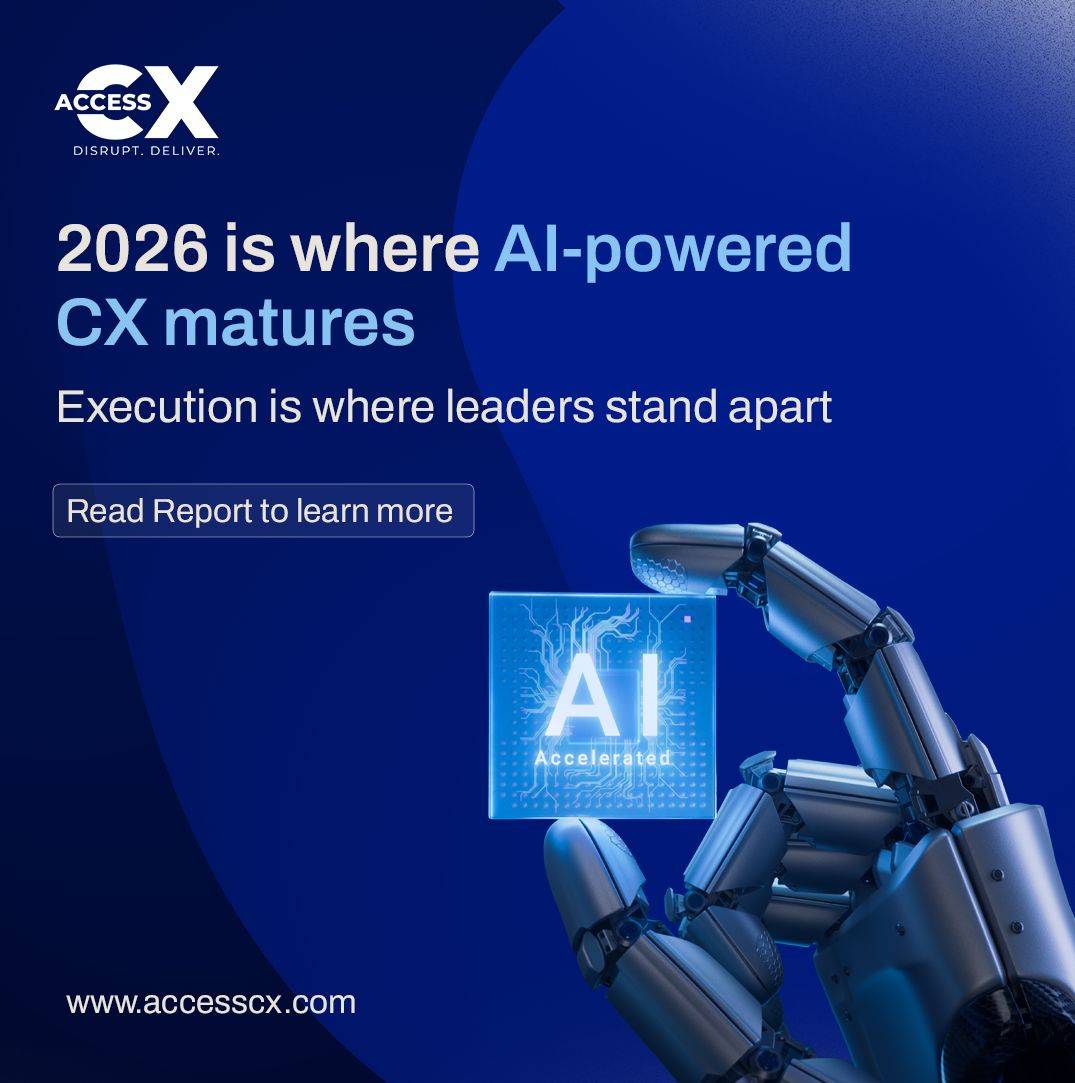The business process outsourcing (BPO) industry, which has traditionally relied on “seats” economics, is experiencing a substantial transformation.
In boardrooms and contact centers alike, leaders are facing an uncomfortable truth: the traditional headcount model no longer suits a world transformed by AI, rising customer expectations, and the strategic realization that customer experience (CX) is not just a cost centre but a vital differentiator.
We are no longer in the age of outsourcing; we are entering the era of augmentation.
From Cost-Cutting to Value Creation
The more progressive Managed Service Providers (MSPs) are no longer stuck in the past.
These next-gen MSPs now blend operational delivery with embedded AI, data intelligence, and a thorough understanding of brand tone and customer psychology.
Call it the rise of the AI-enabled BPO, or more provocatively, the CX Co-Pilot Economy. Critically, this shift accelerates the end of an era where low-cost labour was the main selling point. The new currency is insight, orchestration, and strategic alignment.
While legacy providers operated in transactional silos, next-gen MSPs embed into the client’s CX vision—interpreting data, co-developing technology, and maintaining alignment as priorities change.
Next-gen MSPs also act as both technological facilitators and brand stewards, capable of delivering integrated results across people, processes, and cutting-edge platforms.
Reimagining the Role of the Agent — and the Organization
BPOs now prioritize AI operating systems over traditional organizational charts.
New roles, such as AI Ops and CX Architects, are not just theoretical; they are actively happening today. These teams collaborate to develop intelligent agents, monitor product feedback loops in real-time, and speed up AI adoption using a crawl-walk-run maturity model.
The shift is not just technical; it’s deeply cultural. It moves the agent from a transactional support role to a knowledge-driven collaborator, empowered to co-design automation pathways and foster ongoing product innovation. It assesses culture through performance-related outcomes and promotes frontline ingenuity.
If traditional BPOs reduced variance by standardizing tasks, these next-gen MSP models create value by amplifying context—the very thing AI needs to succeed.
Proof-of-Value: The New Table Stakes
Here lies the pivotal turning point. With AI hype flooding their inboxes and LinkedIn feeds, business leaders are understandably skeptical.
What’s cutting through the noise isn’t polished dashboards or vendor pitches, but proof-of-value engagement models that start small, learn quickly, and evolve with clients’ digital maturity.
This is what next-gen managed services look like: not just suppliers, but co-creators of transformation. The best are not just responding to AI—they are redefining what a BPO means.
They’re building feedback-rich ecosystems, not just service centers. They’re fostering continuous orchestration rather than static delivery. Moreover, they assist brands in navigating an AI landscape that is neither simple nor risk-free.
Starting with small, iterative deployments and engaging client teams in the process, these models greatly reduce AI risk while accelerating the delivery of value.
The Future in Focus
It starts with a shift in mindset.
Imagine a fast-growing retail brand, facing inconsistent post-sale experiences and rising customer churn. Instead of asking for more agents from their managed service partner, they focus on securing better outcomes.
Within weeks, a compact AI-powered co-pilot is deployed—not to replace people, but to uncover the story behind the noise. It scans millions of voice and chat interactions, revealing the root causes of dissatisfaction. But this isn’t just another dashboard—it’s a living, adaptive feedback loop.
CX agents, now functioning as insight enablers, reintroduce context into the system. Product teams refine messaging. Marketing manages expectations. Customers observe the difference.
What was once a reactive support centre becomes a nerve centre—identifying friction, triggering intelligent interventions, and proactively reducing churn. The BPO is no longer offshore support — it’s upstream, shaping brand equity and lifetime value.
Now consider a healthcare provider where a voice-of-the-customer system uncovers a hidden onboarding gap. An AI agent is built, tested, and deployed—not to reduce costs, but to improve the initial call experience. The team? A cross-functional group of frontline agents, data analysts, and an AI operations lead working in real time.
This isn’t a vision of the future. It’s already happening. BPOs no longer merely execute—they co-create. Agents don’t just resolve—they reimagine. And clients don’t outsource—they augment, orchestrate, and accelerate.
A New Compact for CX
To achieve this, both clients and providers must review the agreement.
Providers should cease prioritizing scale for its own sake. Clients must stop viewing BPOs as mere commodities and instead seek partners who deliver genuine innovation, not just superficial tech displays.
The next generation of managed services will be defined not by the lowest cost, but by the most intelligent stack. Not by response time, but by impact. Not by headcount, but by human-centered design driven by machine-enabled potential.
And those who fail to adapt? They won’t be replaced by AI alone. Instead, they’ll become irrelevant by those who master it—with empathy, agility, and strategic foresight.





